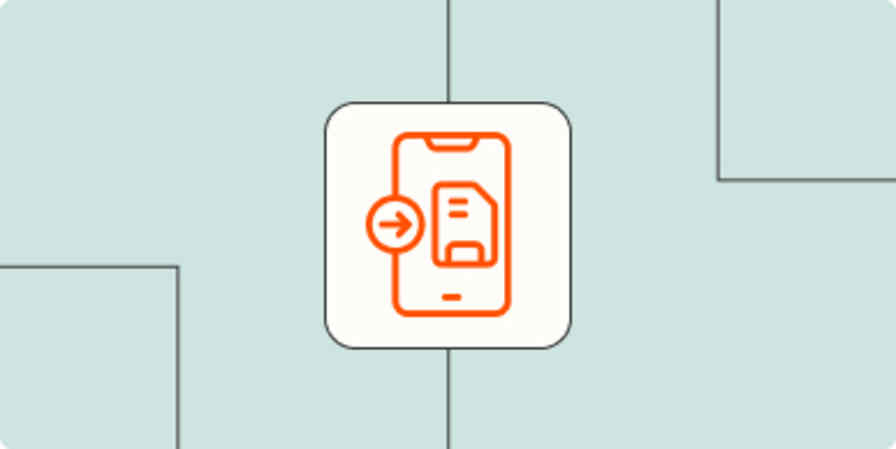Productivity tips
3 min readI started shutting down my computer like it's 1999. Here's why.
How shutting down my computer after work helps me start fresh every morning
By Lindsay Smith · May 17, 2021

Get productivity tips delivered straight to your inbox
We’ll email you 1-3 times per week—and never share your information.
Related articles
Improve your productivity automatically. Use Zapier to get your apps working together.








